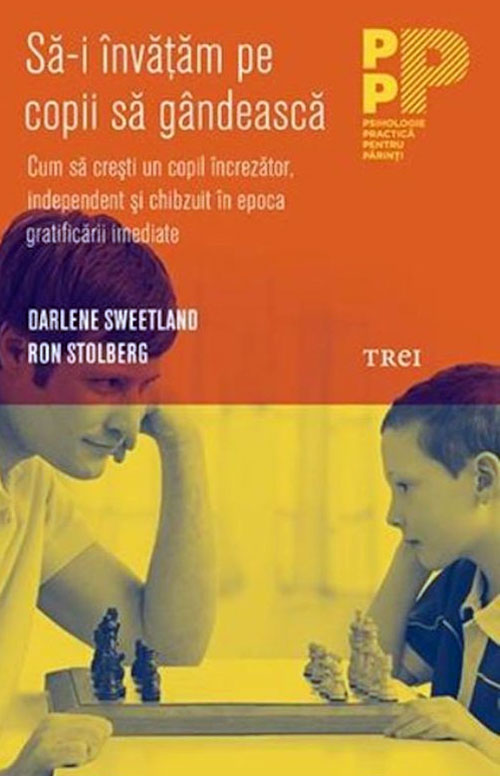

The truth? Sarah’s team won because of her father’s talent and resourcefulness, not because she and her teammates learned important processes like planning, designing, experimenting, and problem-solving. Our daughter’s team won the race, and we were all excited. At least 20 homemade chariots lined the school playing field as students dressed in Roman togas took their places and proud parents cheered from the sidelines. Sarah had an advantage over her classmates-her father was an architect with great design ideas. So, we came together as a family to build the best chariot possible.

Like most parents, we wanted to help our daughter in her quest to succeed. It was a fun school project, and one that had the potential to help Sarah learn resourcefulness-the ability to find and use available resources to achieve goals. Sarah’s goal was to build the best chariot so she and her team could win the competition.

A must-read for parents and educators, Teaching Kids to Think will help you understand where this sense of entitlement comes from-and how to turn it around in order to raise children who are confident, independent, and thoughtful,"-page of cover.When our daughter Sarah was in 7 th grade, her Latin Class held student chariot races-reenacting a sport that began in ancient Greece. They identify the five parent traps that cause adults to unknowingly increase their children's need for instant gratification, and offer practical tips and easy-to-implement solutions to address topics relevant to children of all ages. Ron Stolberg offer insight into the social, emotional, and neurological challenges unique to this generation. Today's kids are being denied opportunities to make mistakes, and more importantly, to learn from them. Fueled by the rapid pace of technology, the Instant Gratification Generation not only expects immediate solutions to problems-they're more dependent than ever on adults. If a teen forgets his homework, a quick call to mom or dad has it hand-delivered in minutes. They can Google the answer to any question at lightning speed. "Today's kids don't know how to read a map.


 0 kommentar(er)
0 kommentar(er)
